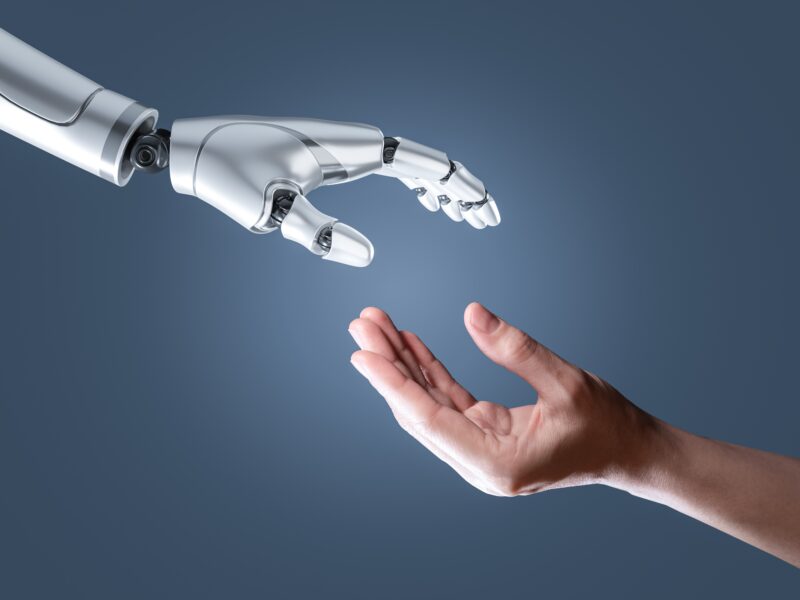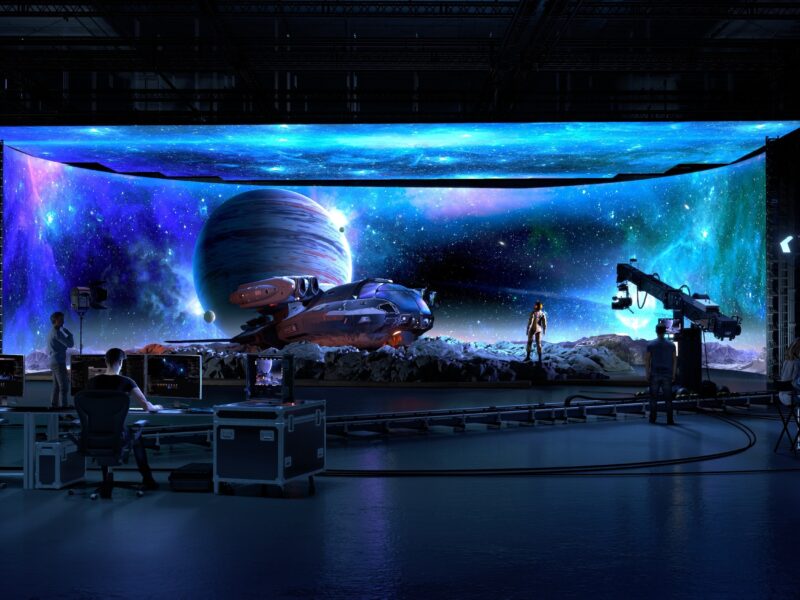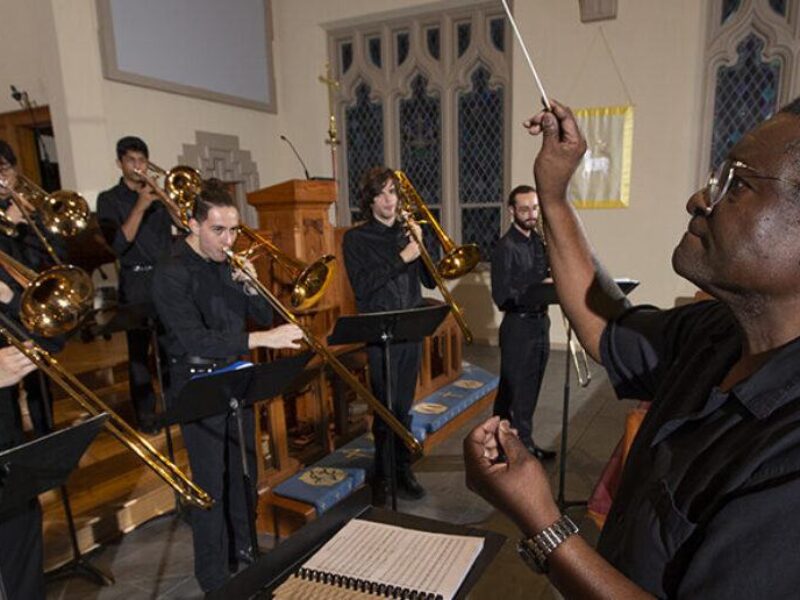Will AI Put Lawyers Out Of Work? A Texas A&M Expert Says It’s Unlikely

While artificial intelligence may be coming to the legal system, a professor at the Texas A&M University School of Law says lawyers should see it more as a tool than a potential replacement.
Milan Markovic, a professor of law and presidential impact fellow who serves as co-convener of the school’s program in law and social science, has long been skeptical about the prospect of so-called “robot lawyers.” He argued in a 2019 Arizona Law Review article that speculation about intelligent machines replacing human lawyers reveals a general misunderstanding about what the practice of law actually entails.
More recently, AI technology has been back in the spotlight as the surprising capabilities of tools like ChatGPT spark new debates about machine learning, ethics and the future of work in fields previously thought to be automation-proof. Earlier this year, a company planned to use an AI chatbot to provide legal advice to two people fighting traffic tickets in a municipal court. While that particular experiment was scrapped, many continue to theorize that clients could one day receive advice and even legal representation from an AI lawyer.
But Markovic still has his doubts. He also believes that ethical considerations are being given short shrift — something he discusses in a forthcoming follow-up article currently set for publication in a volume on AI and the law from Oxford University Press.
Texas A&M Today spoke with Markovic about the future of the legal profession in an increasingly AI-driven world.
What is an AI chatbot?
AI chatbots are essentially computer programs that deploy large language models and natural language processing to be able to answer queries of various levels of sophistication. They do not yet have a major role in law, but there is widespread speculation that they will eventually be able to provide legal advice and even advocate for clients.
What are some upsides and downsides to applying this technology to the practice of law?
One of the major advantages is that there are far more people who need legal advice than there are lawyers to provide that advice. Chatbots do a good job of providing basic information, particularly in response to commonly asked questions. The disadvantage is that the information provided by the chatbot might be unreliable or flat-out wrong, and there is little recourse if the user is harmed.
Why do you believe it’s unlikely that AI will able to replace lawyers?
There is a big difference between providing general legal information and legal advice that is tailored to an individual or entity’s specific circumstances. Law is a social construct and machines — relying on large language models or otherwise — do not understand that construct. They are good at building on what has already been done before but don’t have the creativity and abstract thinking necessary to fully address many legal needs.
Are concerns about AI putting other professionals like doctors and teachers out of work unfounded?
I wouldn’t stay they are unfounded, but we tend to underestimate how much technology has already impacted the professions. The internet completely changed how lawyers conduct legal research and made research far more efficient. It did not put lawyers out of work. Similarly, much of the patient monitoring that would have to be done at a hospital or doctor’s office can now be done at home. Not too long ago, teachers would grade multiple-choice quizzes by hand. Technology frees up the professions to focus on their core duties and less on the mundane parts of their jobs.
With AI on the rise, what does the future of work for lawyers and other professionals look like?
I think there will be more of an emphasis on personal relationships. Simply treating clients as walking legal problems or patients as a collection of symptoms and diseases won’t allow us to develop the kind of relationships that we will need to best care for them. We can’t act like robots and not expect to be replaced by robots.
Media contact: Cliff Smith, cliffsmith@law.tamu.edu





